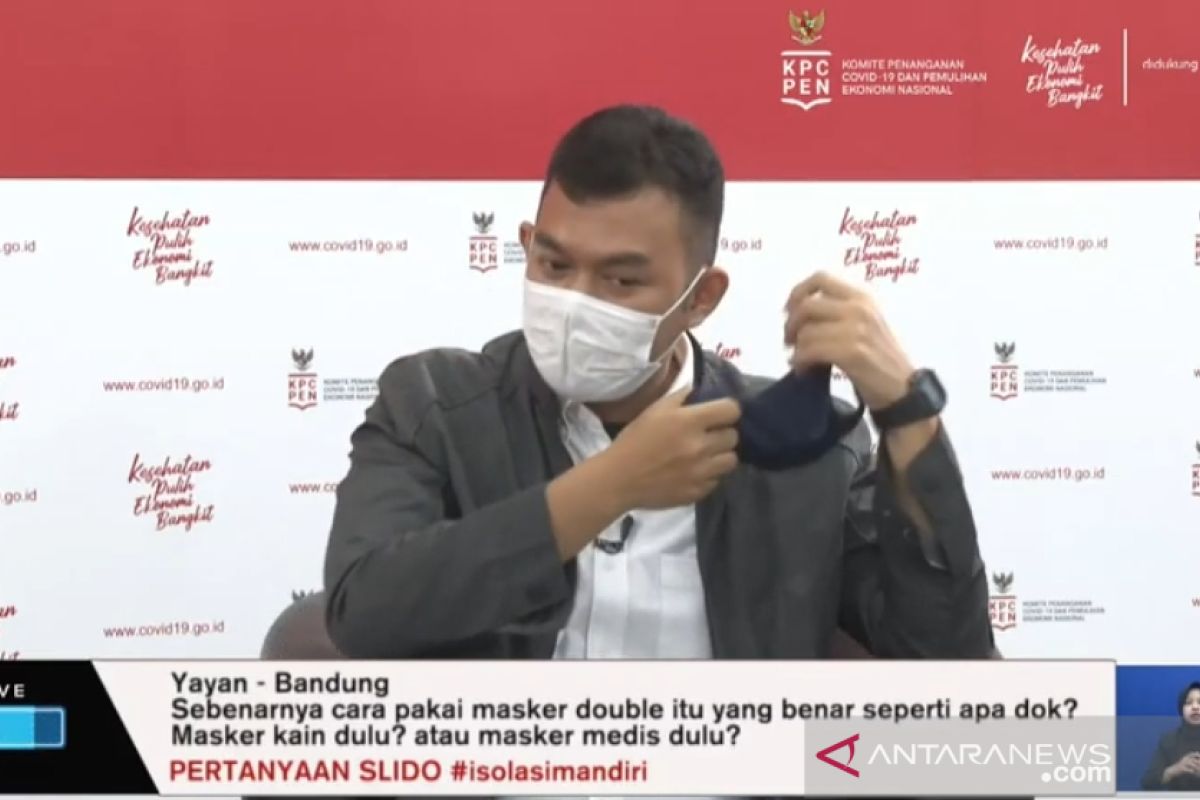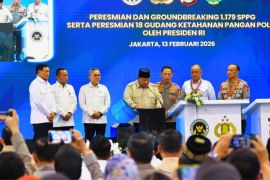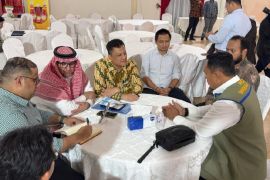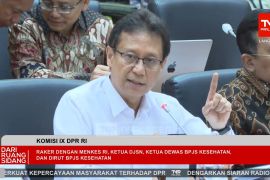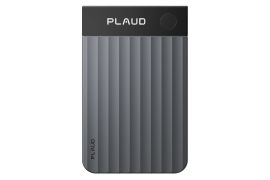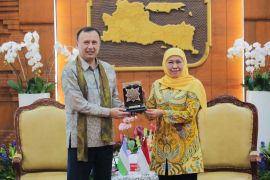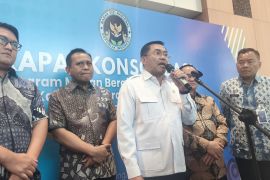The coronavirus can transmit through close contact with an infected person, either in a personal or group setting. The virus can spread easily if the air conditioning is turned on in a closed room.
Therefore, health authorities have stressed on the use of face masks to prevent the spread of the SARS-CoV-2 virus, which causes COVID-19.
Wearing a mask is very important to prevent the contagious virus from transmitting as it can block aerosol particles that are emitted when an infected person talks or coughs.
To optimize the prevention of COVID-19 transmission, chairman of the United Indonesian Doctors Association (PDIB), Dr. James Allan Rarung, said it is important to choose and use good quality and appropriate masks.
People must wear a mask that covers their nose, mouth, and their chin, Dr. Rarung advised.
Before wearing a mask, make sure your hands are clean or wash your hands under running water for at least 20 seconds. Using 70 percent hand sanitizer is also okay if clean water is unavailable, he added.
To put on the mask correctly, first secure the mask by holding the straps on both sides and hooking them behind the ears or at the back of the head, then ensure the mask properly covers the nose, mouth, and chin.
Do not forget to press the wire from the mask to the nose to make sure there are no gaps between the facial skin and the mask.
When donning a surgical mask, make sure the colored part is located on the outside and the white or non-colored part is facing inward.
Avoid touching the mask to prevent virus transmission, Dr. Rarung said. If you accidentally touch the mask, wash hands immediately with soap and running water or at least use a hand sanitizer, he added.
Regularly change masks every 5 to 6 hours, or if they are broken, wet, or damp.
Medical masks should only be used once, while cloth masks can be used repeatedly, but they must be washed afterwards and dried under the sun to kill off viruses, germs, and bacteria.
Always remove masks from behind and do not touch the front side of the masks.
Disposable masks should be torn and disposed of immediately in a closed bin or plastic bag, he said. For cloth masks, wash immediately with soap and dry under the sun.
Double masking
To reduce the spike in COVID-19 cases caused by the Delta variant, it is important to have more protection. Double masking is advisable to prevent virus transmission.
Currently, the infection rate is going upwards, and the virus is more resistant and spreading through aerosol and airborne transmission. The virus mutation is also getting more virulent, so it is recommended to wear a two-layer mask.
The first layer is a surgical mask and covered with a second mask, which is a cloth mask.
Just one mask layer is enough for those wearing the N95 mask because its safety protection is around 95 percent, Rarung said.
Medical masks are around 56.1 percent effective in blocking aerosol particles, while cloth masks are only 51.4 percent effective in blocking aerosols.
If those medical and cloth masks are combined, they can block up about 85.4 percent of the contaminated air particles.
Therefore, the doctor urged people to start wearing either double masks or N95 masks.
The public is advised to always remind each other to choose and use masks correctly, he remarked.
Meanwhile, epidemiologist from Universitas Indonesia, Tri Yunis Miko Wahyono, said the current Delta variant wave is inevitable and more likely to infect people in Indonesia.
This variant spreads quickly and is able to adapt to antibodies, both naturally produced when someone is infected with COVID-19 or those created through COVID-19 vaccination, he informed.
Amid increasing concern about the variant and the problem of high morbidity and mortality due to COVID-19, it is important to increase self-protection.
Wearing a mask is mandatory for people nowadays and should be a part of their daily life, Wahyono said.
People should also carry out tight health protocols such as maintaining distance from others, avoiding crowds, and reducing mobility, he added. Combined with proper mask-wearing, the authorities expect the protocols to help reduce COVID-19 transmission in Indonesia.
The community must also follow the regulation of the level 4 public activity restrictions (PPKM) given the current situation, he said. It must support the government's efforts to control COVID-19 cases and prevent the transmission and spread of infections.
The Indonesian government and all authorities are collaborating to suppress COVID-19 transmission by expediting vaccinations in all regions in Indonesia, Wahyono noted.
According to the government's website covid19.go.id, as of July 28, 2021, more than 45 million Indonesians have received the first COVID-19 dose, and 19 million people have been fully vaccinated against the disease.
Overall, the government is targeting to inoculate 208 million Indonesians to build herd immunity against the virus.
Related news: Mask up to beat COVID, protect vulnerable groups
Related news: Assist Indonesia's MSMEs to produce standardised face masks: Indef
Related news: Make a habit of wearing masks, TNI chief urges citizens
Translator: Martha H, Resinta S
Editor: Sri Haryati
Copyright © ANTARA 2021
